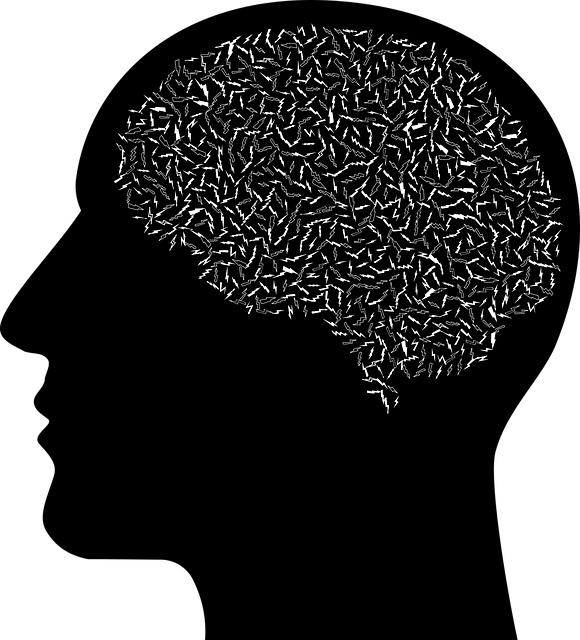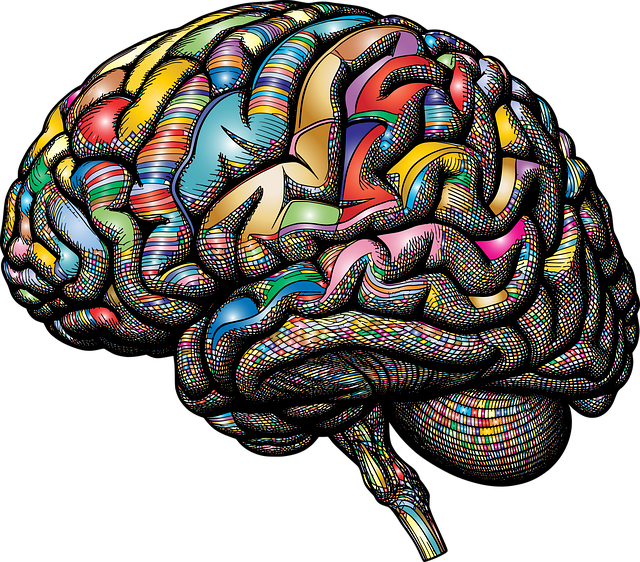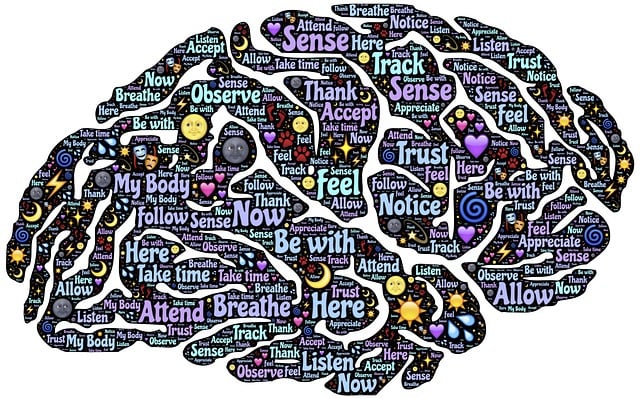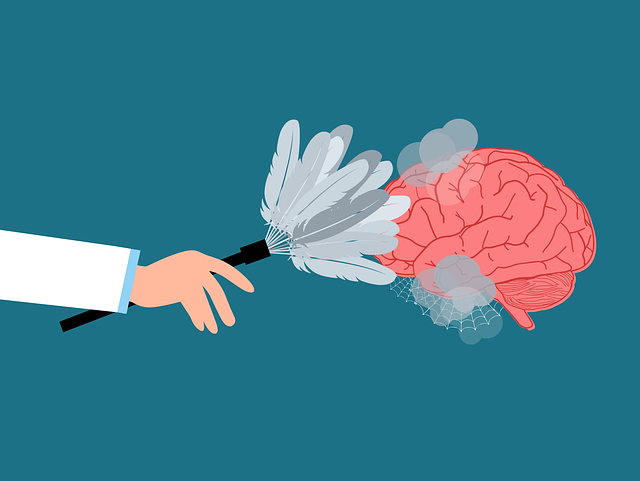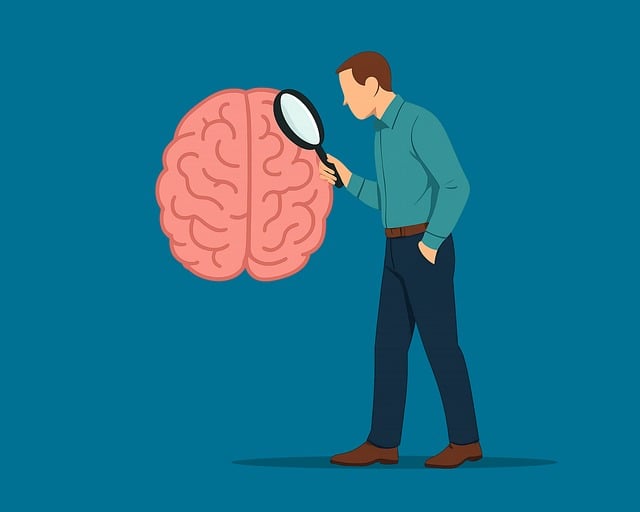Englewood Adjustment Disorder (EAD), triggered by traumatic events, affects individuals across diverse backgrounds, presenting symptoms from emotional dysregulation to substance abuse. Effective Englewood Adjustment Disorder Therapy combines cognitive behavioral therapy (CBT) and trauma-focused approaches, with coping skills development crucial for long-term well-being. Trained healthcare providers offer empathetic support in a safe environment, using active listening and burnout prevention strategies to empower clients struggling with EAD, fostering positive changes and improved quality of life.
Trauma can profoundly impact individuals, leading many to seek support through specialized services. This article explores the critical role of therapy in assisting those suffering from Englewood Adjustment Disorder (EAD), a condition stemming from traumatic events. We delve into the symptoms and long-term effects of EAD, emphasizing the importance of trauma-informed care. By examining effective strategies, therapists can provide compassionate and tailored treatment, helping individuals heal and adjust. Understanding EAD and its unique challenges is key to offering successful therapy and enhancing recovery outcomes.
- Understanding Englewood Adjustment Disorder: Symptoms and Impact
- The Role of Therapy in Supporting Individuals with EAD
- Effective Strategies for Providing Trauma-Informed Care
Understanding Englewood Adjustment Disorder: Symptoms and Impact

Englewood Adjustment Disorder (EAD) is a complex mental health condition that arises when an individual struggles to cope with traumatic or significantly stressful events. Characterized by symptoms that often manifest as a response to adversity, EAD can impact individuals of all ages and backgrounds, but it’s particularly prevalent in communities experiencing systemic trauma and socioeconomic challenges. Understanding this disorder involves recognizing its diverse symptoms, which may include emotional dysregulation, anxiety, depression, post-traumatic stress, and substance abuse issues.
The impact of EAD extends beyond the individual, affecting interpersonal relationships, academic or professional performance, and overall community well-being. Access to effective therapy plays a crucial role in managing EAD, with evidence-based practices such as cognitive behavioral therapy (CBT) and trauma-focused approaches proven to be beneficial. Healthcare providers specializing in mental health care must possess cultural competency training to address the unique needs of individuals affected by EAD, ensuring they receive the empathetic support and specialized services required for successful recovery and resilience building. Additionally, coping skills development is a vital aspect of treatment, empowering those with EAD to navigate their experiences and build adaptive mechanisms for long-term well-being.
The Role of Therapy in Supporting Individuals with EAD

Englewood Adjustment Disorder (EAD) is a condition that can significantly impact an individual’s daily life and overall well-being. Therapy plays a pivotal role in supporting those with EAD, offering a safe space for emotional healing processes to begin. Through specialized Englewood Adjustment Disorder therapy, individuals can learn effective coping strategies to manage their symptoms and improve their quality of life.
The therapeutic journey focuses on fostering resilience building, which is essential for navigating the challenges associated with EAD. By addressing underlying issues and providing anxiety relief, therapists enable clients to develop healthier ways of responding to stressful situations. This supportive environment encourages exploration, allowing individuals to process traumatic experiences and promote lasting positive changes.
Effective Strategies for Providing Trauma-Informed Care

In providing trauma-informed care, healthcare professionals must adopt strategies that prioritize safety, trust, and empowerment. This approach recognizes that individuals with a history of trauma often present unique challenges, such as those struggling with Englewood Adjustment Disorder (EAD). Therapists can foster a supportive environment by incorporating techniques like active listening, which demonstrates empathy and understanding, ultimately encouraging clients to share their experiences. The goal is to help them feel heard and validated without retraumatizing them.
Burnout prevention strategies for healthcare providers are essential alongside this care model. Promoting positive thinking and confidence-boosting practices within the therapeutic setting can enhance resilience. By integrating evidence-based interventions, therapists can support clients in managing trauma responses, improving their overall well-being. This personalized approach ensures that individuals receive the tailored care they need to navigate and overcome the challenges posed by EAD or similar conditions.
Englewood Adjustment Disorder (EAD) is a significant mental health challenge, but with trauma-informed care and effective therapy strategies, support services can make a profound difference. By recognizing the unique symptoms and impacts of EAD, professionals can provide tailored assistance, fostering resilience and recovery among affected individuals. The integration of specialized therapy, along with informed practices, ensures that those struggling with EAD receive comprehensive and compassionate support.



